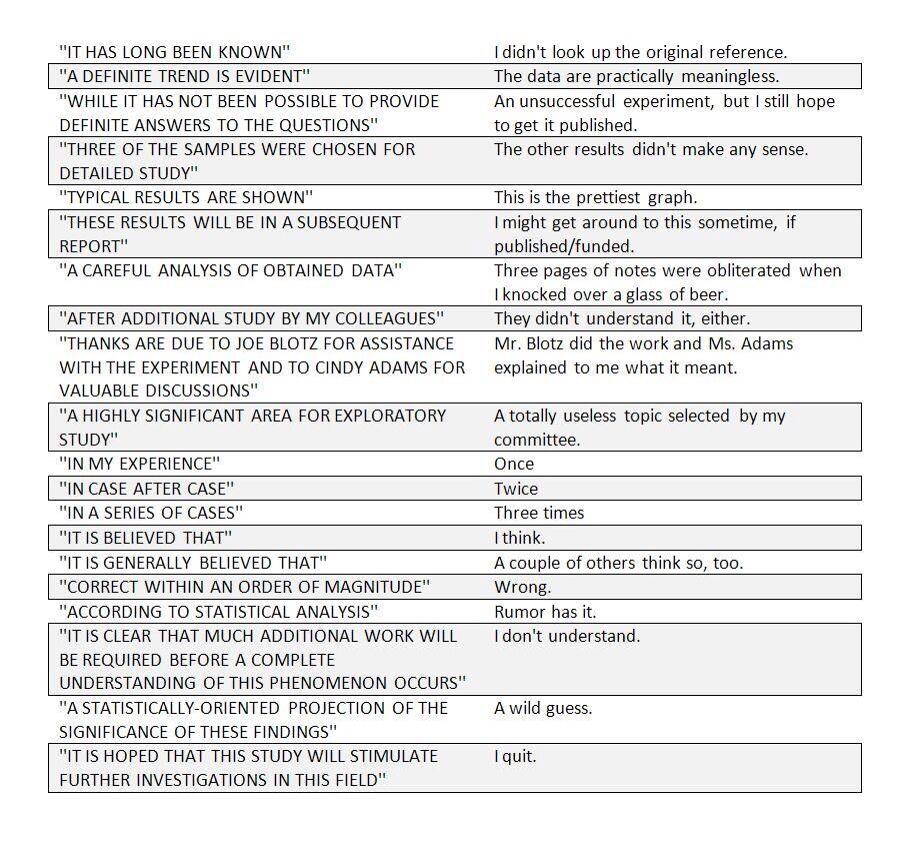Commentary from Rick Boozer, on the venal idiocy of Congressional priorities for the space agency.
The Poison Of Protectionism
Sugar subsidies are a symptom of a much larger problem:
Protectionism is always a reverse–Robin Hood proposition. Farm protections force the poor to pay artificially higher food prices in order to pad profits for millionaire farmers. And the poor never even realize that they’re basically being defrauded by a conspiracy of government officials and their favorite special interests. When properly understood in their true economic light, these farm supports (like the abominable Wright Amendment for American Airlines) are tantamount to government collusion in a criminal price-fixing cartel. Contrary to what is an almost biblical tenet of progressivism, government cannot sanitize a price-fixing cartel. Government power can only make the cartel’s injury to the public far worse, both by protecting the cartel from the competition that would bring it down in a truly free market, and by making the cartel permanent. It is no surprise that the New Deal’s agriculture supports were foisted on the American public as emergency measures, but are still with us today.
They’re very pernicious.
Barack Obama’s Economic Ignorance
His proposals have been and will continue to be disastrous for the economy, and for the middle and working class:
Unfortunately, our visionary President knows little of the unintended consequences of legal intervention, so he continues to push hard on policies that fail. But he accuses everyone who disagrees with him of a form of “collective amnesia.” He caricatures them as believing that “we are better off when everybody is left to fend for themselves and play by their own rules.” Both halves of that sentence grossly mischaracterize the opposition.
He’s the king of straw men.
[Update a while later]
“Income inequality,” the biggest lie of all.
[Early afternoon update]
How To Read A Scientific Paper
Alan Grayson
He’s not only nasty, he’s stupid:
U.S. Rep. Alan Grayson of Florida lost $18 million in a scheme that cheated him and about 120 other investors out of more than $35 million, according to court papers.
My schadenfreude runneth over.
Government Motors
Remember how we were told that the GM bailout would be paid back to the taxpayer?
Well, we just took a ten-billion-dollar bath. As noted there, we’ll never know what useful things might have been done with that ten billion.
The Maria Problem
An update.
Launch Indemnification
Jim Muncy: Extend it indefinitely.
Also, the moratorium on regulating space-participant safety.
[Update a while later]
Not sure how the link got broken, but it’s fixed now I think.
The Moon Treaty
No, we don’t have to accept it to mine the moon.
The author ignores the other lunar-related entrepreneurial activities, focusing exclusively on the Google Lunar Prize. The people closest to getting to the moon in any serious way are private actors, not any government, because it’s only going to happen with a dramatic reduction in cost of access. Certainly China’s not doing anything significant.
A New Constitutional Right
This is nutty on multiple levels:
They argue that they have a constitutional right to a safe climate, that they have a right to receive from us a planet that supports all life, just as our forebears gave us.
Even ignoring that there is no such “right,” what the hell is a “safe” climate?
And I love this:
We know without a doubt that gases we are adding to the air have caused a planetary energy imbalance and global warming, already 0.8 degrees Celsius since pre-industrial times. This warming is driving an increase in extreme weather, from heat waves and droughts to wildfires and stronger storms (though mistakenly expecting science to instantly document links to specific events misses the forest for the trees).
Got that? We know that carbon is causing extreme weather events, but don’t expect us to provide any scientific basis for it.
Hansen is a loon.
